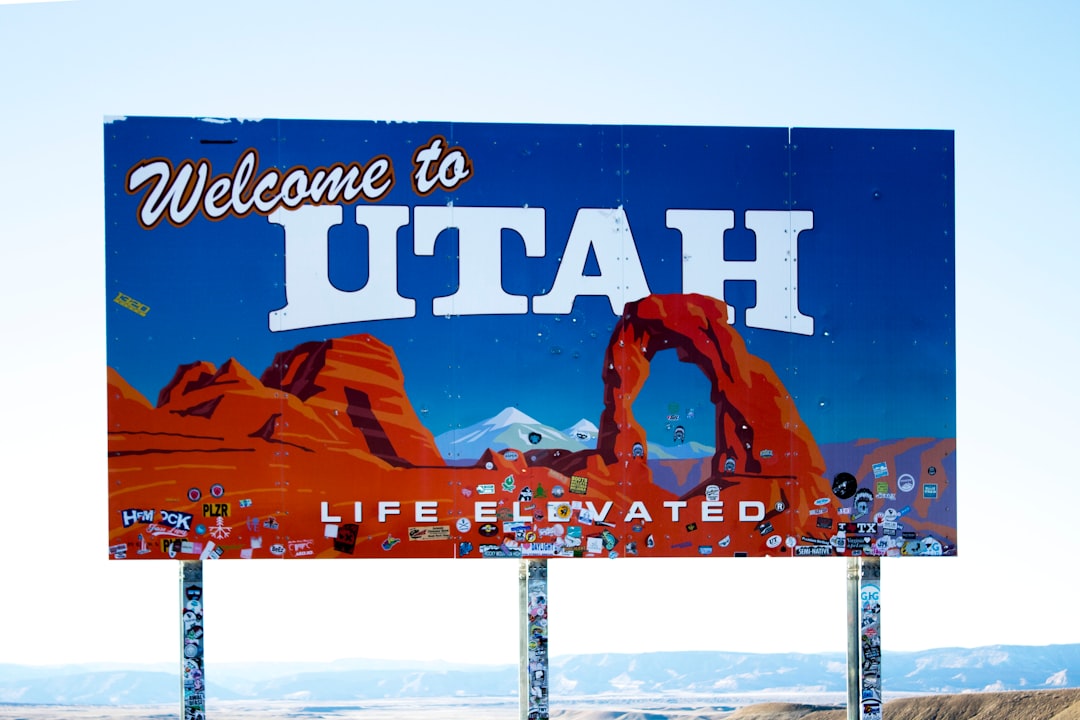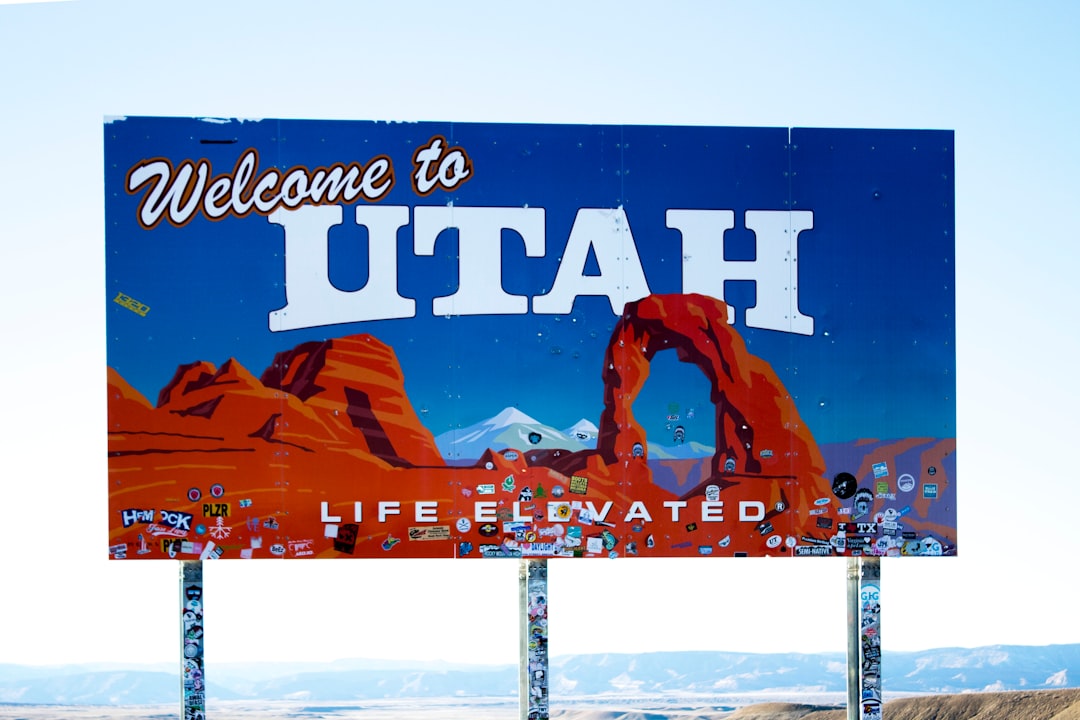In Utah, consumers are protected from unwanted calls by the Unwanted Call Law. If you receive unauthorized calls, you can file a complaint or consult an unwanted call lawyer/attorney to block future calls and seek compensation. These professionals specialize in telecommunications law and can guide you through legal options, including suing under the TCPA. Document each incident and review relevant laws like the UCSPA for effective resolution.
In Utah, understanding your consumer rights is crucial to navigating the state’s unique regulations, especially when dealing with unwanted calls. This comprehensive guide explores your protections under the law and offers practical advice on handling persistent calls. Learn about the laws governing telemarketers and discover when it’s time to take legal action. With tips on choosing an experienced unwanted call lawyer Utah, you’ll be equipped to protect your rights and find recourse when needed.
Unwanted Call Laws in Utah: What You Need to Know

In Utah, there are strict laws in place to protect consumers from unwanted calls, often referred to as telemarketing or sales calls. These laws are designed to give residents control over how they receive marketing and sales communications. The Unwanted Call Law in Utah prohibits companies from making phone calls using automatic dialing systems or prerecorded messages to Utah residents without their prior consent. This means that if you have not given explicit permission for a company to contact you, any such call would be considered illegal.
If you receive an unwanted call, you have rights. You can file a complaint with the Utah Attorney General’s Office, which has a dedicated unit for investigating consumer complaints, including those related to telemarketing violations. Additionally, many law firms in Utah specialize in representing consumers against violators of these laws. An experienced unwanted call lawyer or attorney can help you understand your rights and take appropriate action, whether it involves blocking future calls or seeking financial compensation for any harassment or inconvenience caused.
Your Rights as a Consumer: Understanding Protections

As a consumer in Utah, you possess a set of rights that are designed to protect you from unfair or deceptive practices. Understanding these rights is crucial when navigating the complex landscape of consumer protection laws. One common issue many folks face is unwanted calls, which can be disruptive and even harassing. If you’ve been plagued by persistent phone calls from telemarketers or debt collectors, know that there are legal avenues to address this problem.
A lawyer specializing in unwanted calls in Utah can guide you through your options and help you enforce your rights. These professionals can assist with blocking such calls, negotiating on your behalf, or taking legal action if necessary. Their expertise ensures you receive the protection and justice you deserve as a consumer, especially when dealing with relentless phone calls that violate your privacy.
How to Handle Persistent Unwanted Calls

Dealing with persistent unwanted calls can be frustrating and disturbing. If you’re receiving repeated harassing phone calls from telemarketers, scammers, or debt collectors, it’s essential to take action. The first step is to document each call, including the date, time, caller’s name (if known), and a brief description of what was said. Keep a log of these incidents for future reference.
In Utah, there are laws in place to protect consumers from unwanted calls. You can register your phone number with the National Do Not Call Registry, which restricts most telemarketing calls. However, if you’re still facing persistent unwanted calls, consider consulting with an unwanted call lawyer Utah or an unwanted call attorney Utah. These legal professionals specialize in consumer protection laws and can guide you on the best course of action, whether it’s blocking calls, suing the offenders, or seeking compensation for emotional distress caused by the harassment. Reputable unwanted call law firms Utah will have the expertise and resources to help you navigate these issues effectively.
Legal Action: When and Who to Contact

If you’ve received an unwanted call—whether it’s a telemarketer, debt collector, or any other type of unwelcome communication—and feel your rights have been violated, knowing when and who to contact for legal action is crucial. In Utah, consumers are protected by state and federal laws that govern telephone solicitation and debt collection practices. If you believe these laws have been broken, you may want to consult with a lawyer for unwanted call in Utah.
There are several steps to take before reaching out to an attorney. First, document the calls, including dates, times, and any specific details about the caller’s behavior. Next, review your state and federal consumer protection laws. In Utah, the Utah Consumer Sales Practices Act (UCSPA) prohibits unfair or deceptive acts in consumer transactions. If you’ve been subjected to unwanted calls, a unwanted call attorney or unwanted call law firm in Utah can help you understand your options, advise on potential legal remedies, and represent you if necessary.
Choosing the Right Unwanted Call Lawyer in Utah

When dealing with unwanted calls, especially those that are harassing or abusive, it’s crucial to have a skilled legal representative by your side. In Utah, choosing the right unwanted call lawyer can make all the difference in resolving your issue effectively and ensuring your rights are protected. Look for an attorney who specializes in telecommunications law and has a proven track record of handling similar cases.
A reputable unwanted call attorney or law firm in Utah should offer comprehensive legal services, including advice on blocking numbers, negotiating with callers, and even filing lawsuits if necessary. They should be well-versed in the Telephone Consumer Protection Act (TCPA) and other relevant state laws to provide you with the best possible outcome. Don’t hesitate to inquire about their experience and success rate when it comes to unwanted call cases before making your final decision.






